BACK HOME FOR VACATIONS
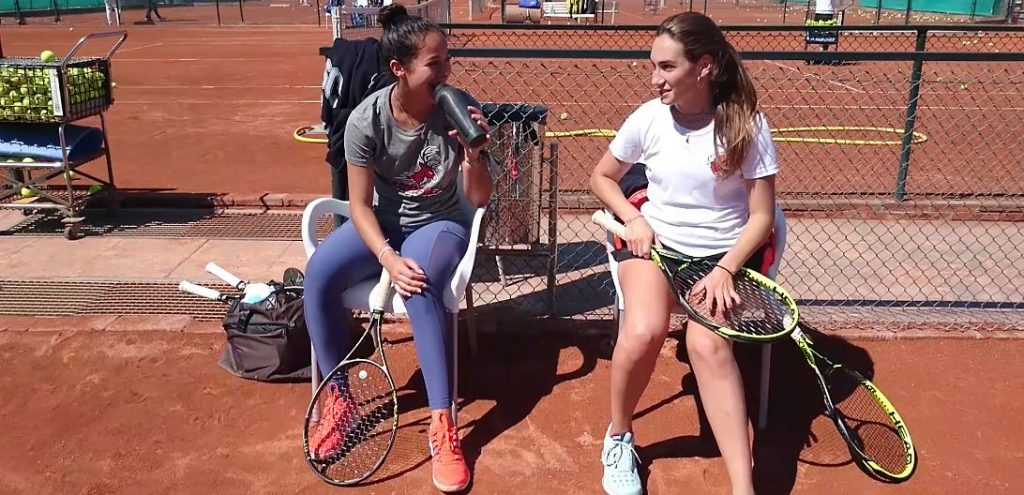
Some of our student-athletes who graduated last year, from the Class of 2018, have returned home this summer for vacations, after their first year of college. For them it has been an intense year, full of emotions, work and tennis. They want to share their experiences with us, by visiting and playing tennis again on the courts that have seen them grow and develop.
TRAIN, TRAVEL, AND COMPETE AS A PROFESSIONAL TENNIS PLAYER
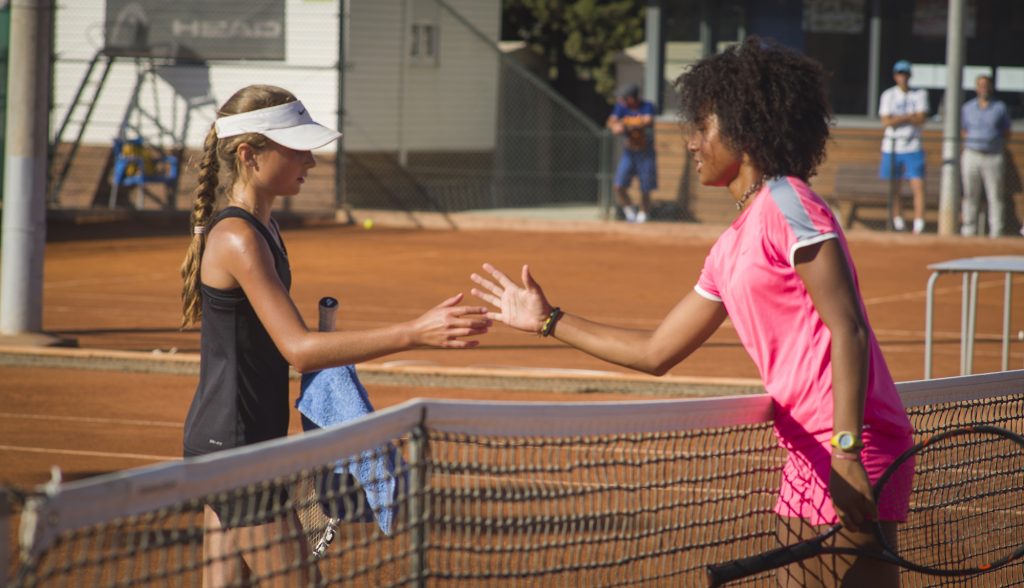
Competing is the best way to progress in your tennis game. Competition is where you implement everything you’ve learned and where you check if you are able to apply the learning to the game. And summer is the best time to travel for tournaments.
How Tennis and School helped me open opportunities on my next step in life
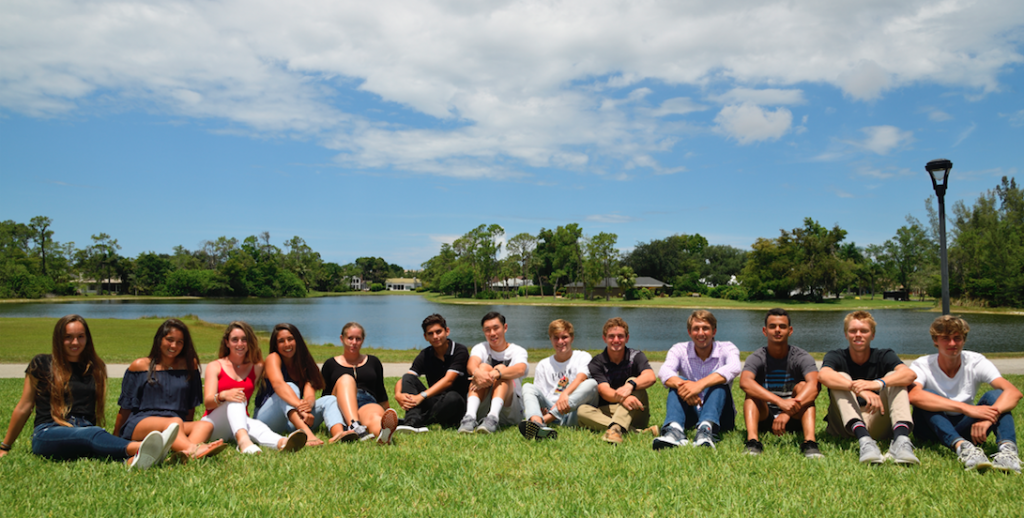
As the Class of 2019 prepares to graduate from ASC/ ESIS, a wide variety of opportunities await them in life, most immediately at colleges and universities throughout the United States. The 13 seniors, comprising the largest Academy class from Naples to graduate thus far, have accepted offers from some of the finest academic and athletic programs in the nation, among them Tufts University, Michigan State University and Brigham Young University.
Words From our ASC Senior Student-Athletes
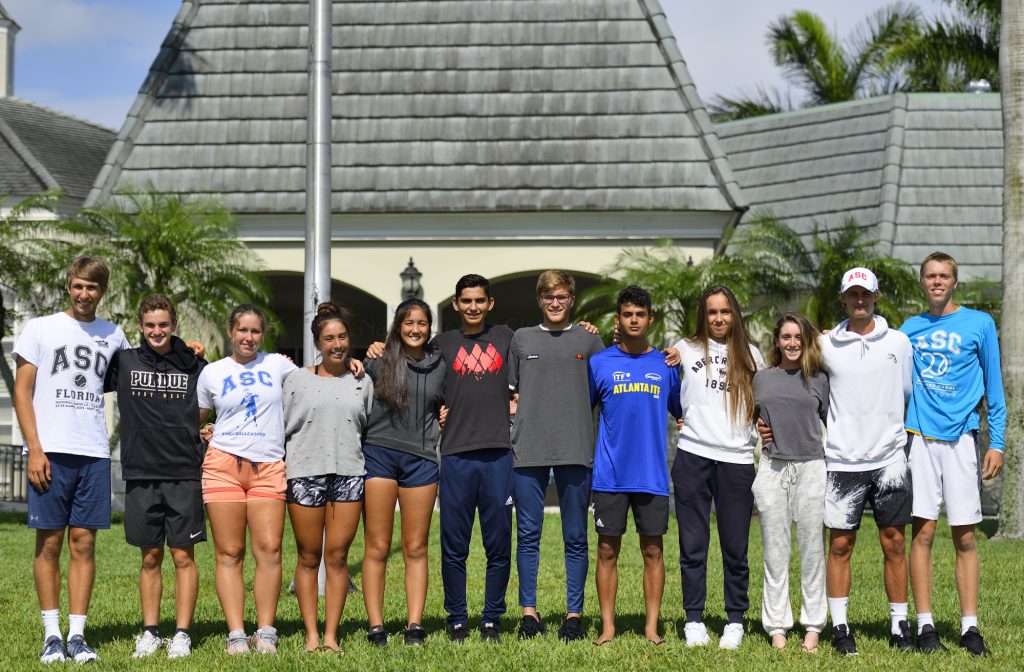
There are only a few weeks for the long-awaited graduation of our students-athletes at ASC Florida, we wanted to interview our senior students and know their stories of how they got to Sanchez-Casal, what their expectations are in this new university stage, and their advice for young people who seek to balance tennis with their studies; they told us how all the effort was worth it in the end after so many years of sacrifice and hard work. Clara March, Aleksandra Caricir, and Casey Cummings of the Sanchez-Casal Florida Academy.
HOW TO GET ACCEPTED INTO BOTH HARVARD AND WIMBLEDON
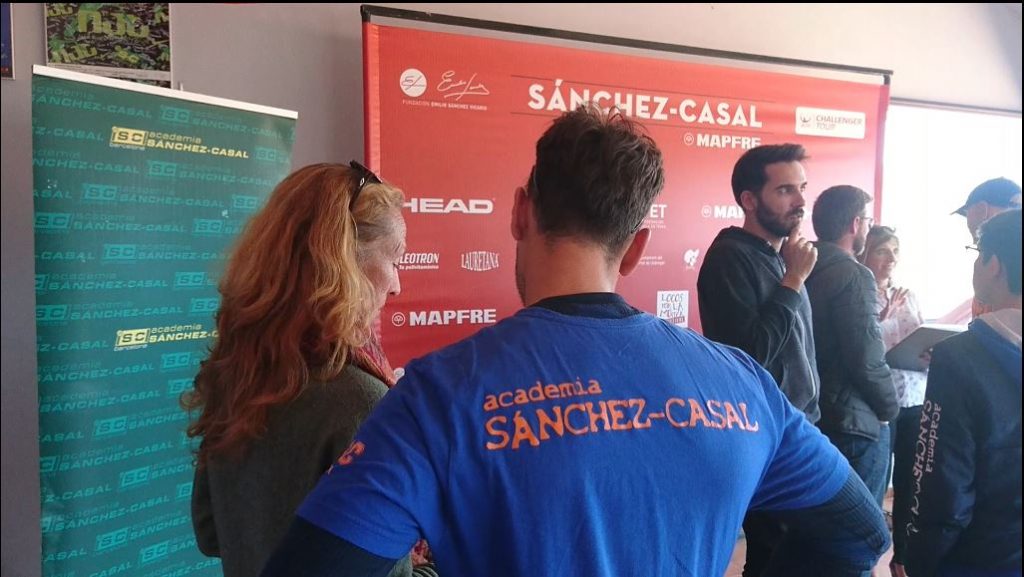
As Emilio Sánchez Vicario says, “Our academy graduates go to Harvard, they go to Columbia… but they also go to Wimbledon.” This is the main goal of the Academy, and to achieve it there is only one true method: offer the best high performance tennis training combined with an excellent academic education.
What it Takes to Be a True Coach
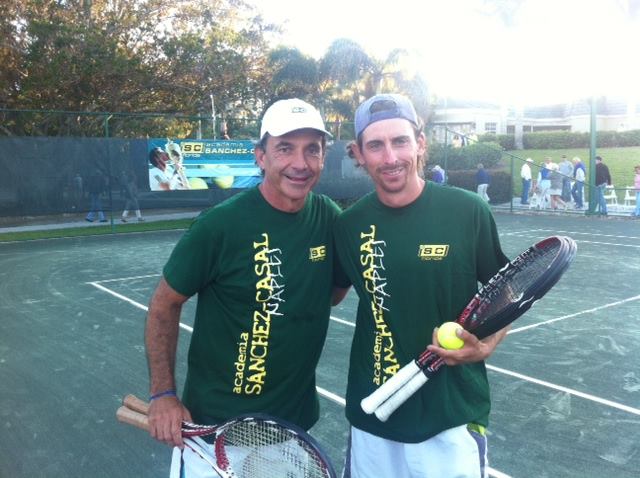
When you get to know coach Luchas, you realize his ability, his vision, and his mind. His attention to detail is above the ordinary; watching him distribute the 60 academy students and coordinate the ten or more coaches to fully implement the 360 system everyday is a true spectacle.
ASC, 20 years of moments
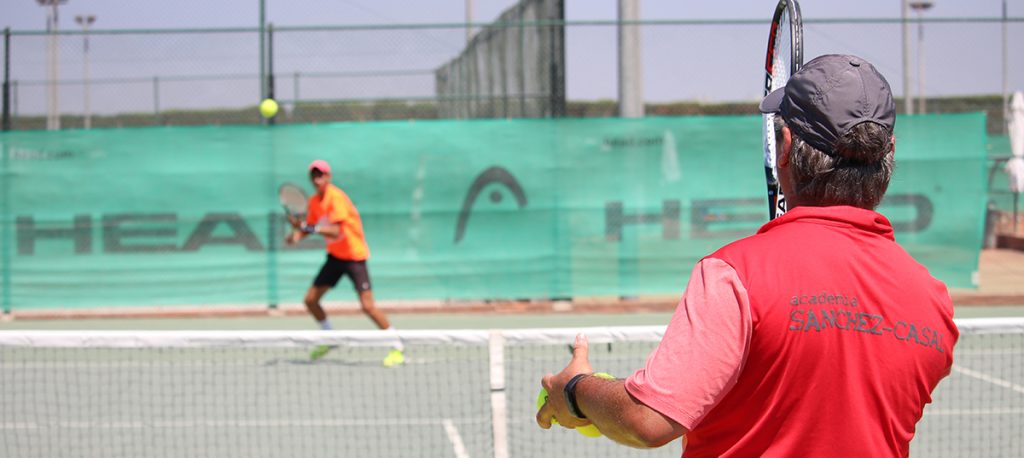
Someone once said that in life, what really counts are the moments that take your breath away. In the history of our Academy we have had many moments that have left us breathless. These have included many successes, and some failures; moments of knowledge and truth, and story after story of drive and passion. For each of us who are, or have been part of the Academy, these feelings are experienced in very different ways. For me, I focus on why it has happened. Sanchez-Casal has lived 20 years of history, and, in my opinion, the 20 key concepts below hold the secret to our longevity.
5 STORIES OF SUCCESS IN WHEELCHAIR TENNIS
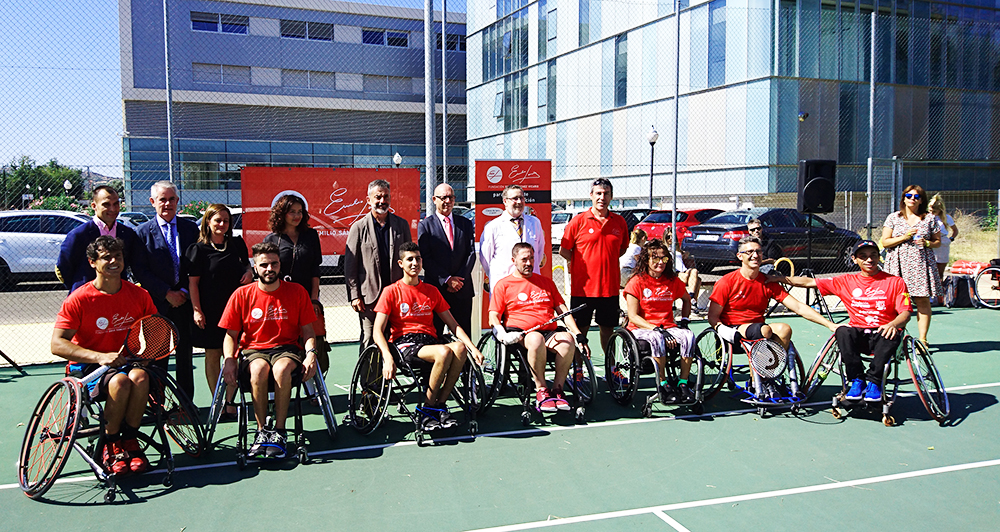
Sport offers many opportunities to learn and grow, and this is as true of wheelchair tennis as it is of any other sport. Jesus, Juan, Jennifer, Rocio and Domingo are patients of the National Hospital of Paraplegics in Toledo and they attend the Emilio Sánchez Vicario Foundation wheelchair tennis school as an important phase in their recovery.
What does altitude training do for tennis players?
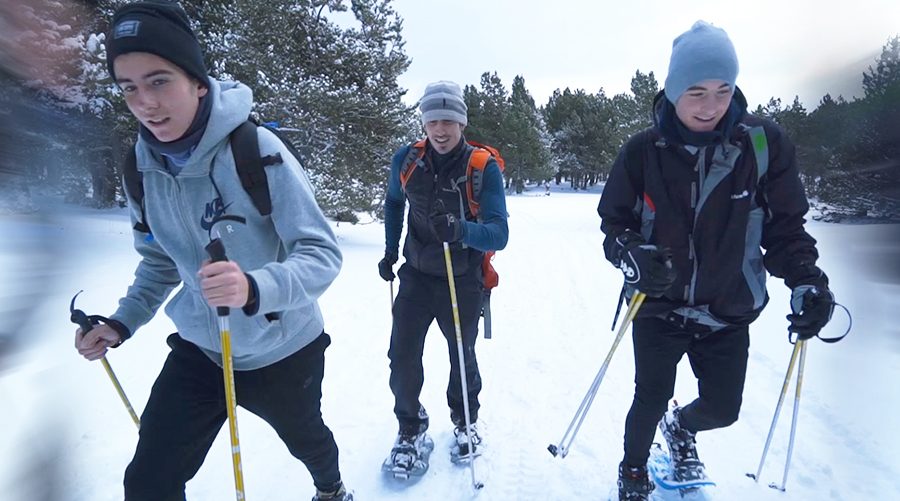
From the Sanchez-Casal Academy we organized a pre-season stage in altitude with the advanced level players to try to achieve mainly three goals: The enhancement of physical conditioning level; The impact on the emotional and mental aspects of each tennis player; The socio-affective implication that results of the coexistence of a group of tennis players during a certain amount of time.
This special training context gives us the unique opportunity to pose complex challenges to overcome and remove players from their comfort zone. Do you want to read about our experience?
A Day at Sanchez-Casal Summer Camp
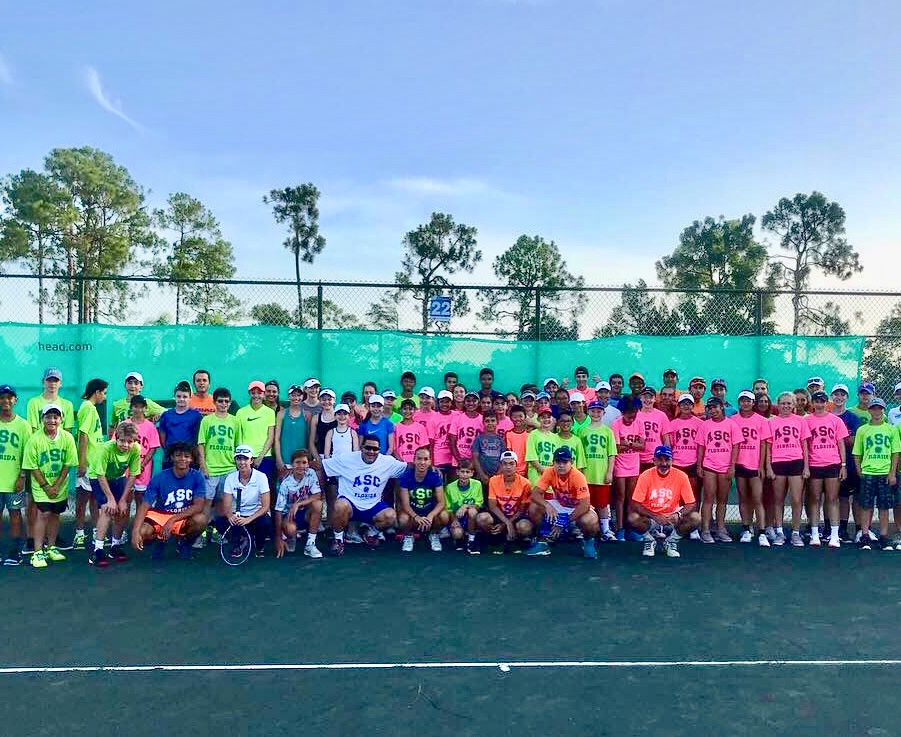
It’s 6:00am and Julia’s alarm clock sounds. Outside it’s still a bit dark and quiet. She prepares her tennis bag and grabs her racquet. She walks five minutes from the house to the cafeteria with some campers to meet the big group and have breakfast by 6:30am. Breakfast includes cereal, toast, ham and cheese sandwiches, fruit juice and milk.
At 7:00am she’s on the court to start her morning practice for three hours. It’s a sunny day as almost every day is in Naples, Florida. After tennis practice, she has an hour of fitness to stretch but also goes through a tennis specific performance training.















